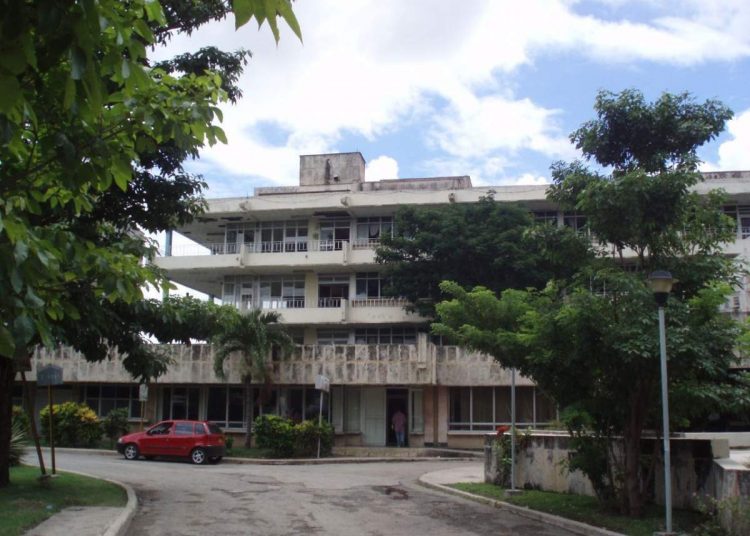According to a report by the Agencia Cubana de Noticias (ACN) news agency, in February Cuba registered the highest number of cases diagnosed with COVID-19 in pediatric ages: a total of 1,984, which exceeds by more than 2,000 those reported at the close of last month.
However, no patient of those ages has died from coronavirus, but contracting the disease is a high risk, since many of these children suffer from chronic diseases.
“The cornerstone lies in the early stratification of the patient in order to avoid serious forms of the disease or death,” Dr. Randy Grillo Fortún, first-degree specialist in Pediatrics and head of this specialty at the Frank País Hospital, told the ACN.
He explained that when a minor with COVID-19 arrives at the hospital, the first thing to do is classify him as asymptomatic or symptomatic and consider the risk factors.
If he is asymptomatic, he said, only the use of Interferon is required; but otherwise, a more exhaustive analysis is needed, that is, a classification by pediatric evaluation triangle, determine the level of severity, focus on the alteration of the organ that may be involved and obtain the results of complementary tests.
Based on these tests, he said, the neutrophil/lymphocyte index (analytical biomarker that makes it possible to establish the probable inflammation) is calculated. This is in addition to the chest X-ray evaluation and makes it possible to classify the patient as mild and moderate symptomatic.
If it is mild and does not present risk factors, it is maintained with Interferon; but if it is mild and is associated with risk factors, Kaletra is added to the treatment with Interferon and, if moderate, Biomodulin T is used, he specified.
Patients in intensive care have a differentiated management, he pointed out, with the use of anticoagulants, anti-inflammatories and monoclonal antibodies such as Itolizumab and Jusvinza.
The specialist said that the highest percentage of those confirmed in pediatric ages usually present asymptomatic and mild forms, although cases have been reported that after contagion have developed multisystemic inflammatory syndrome and Kawasaki disease. This can cause neurological, cardiovascular, hematological and liver affectations.










